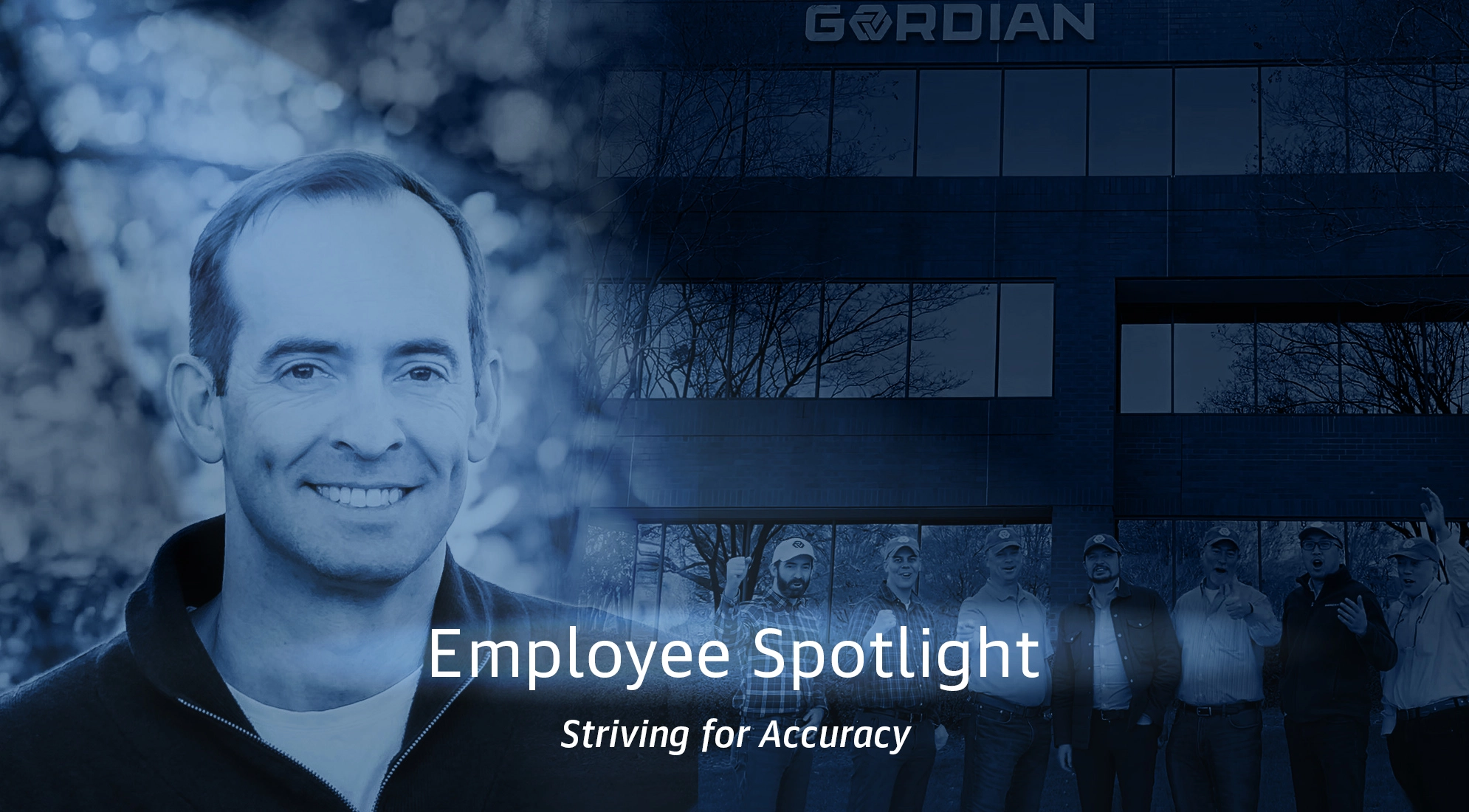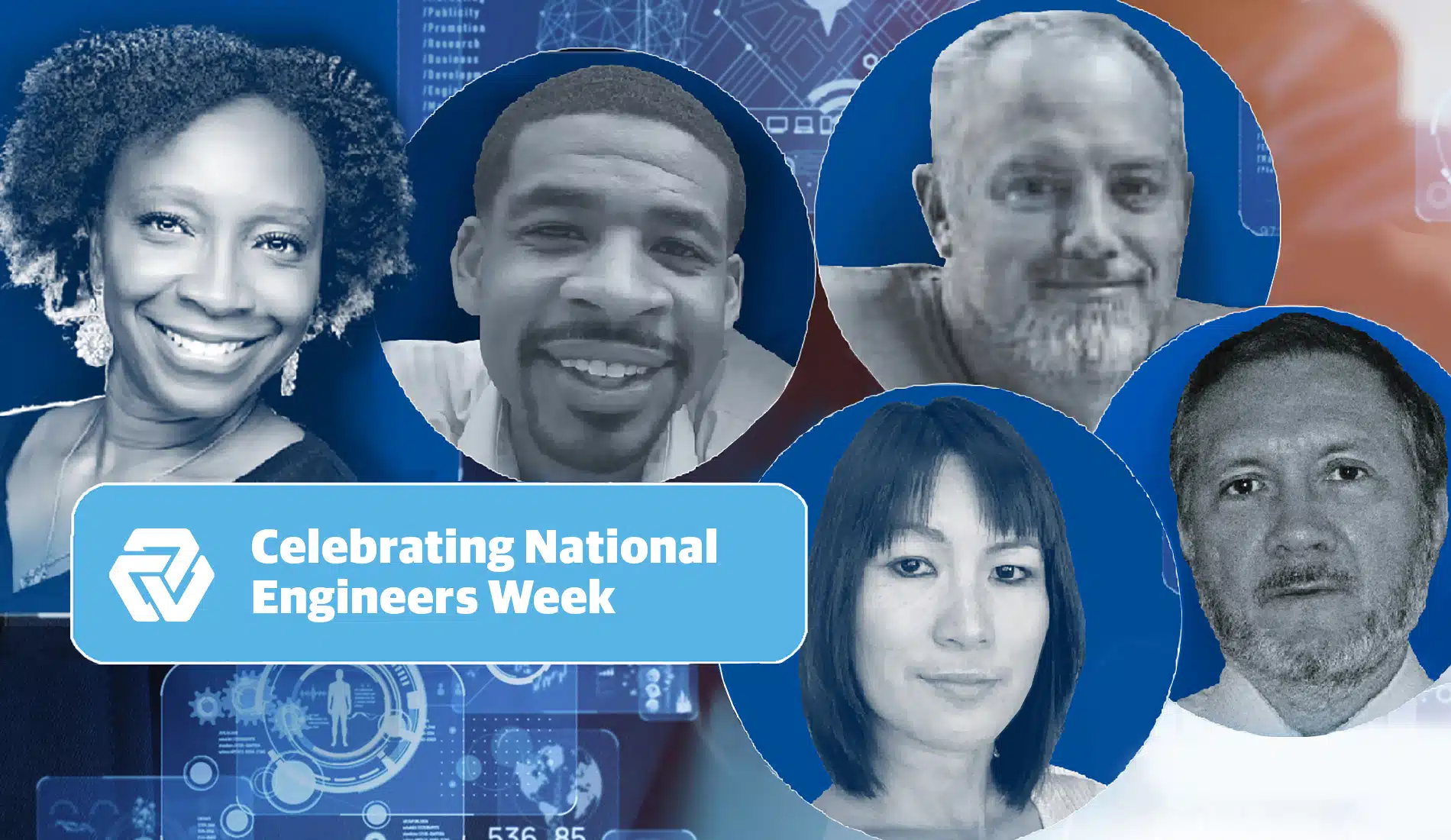March is Women’s History Month and Gordian is excited about one week in particular—Women in Construction Week. Construction is still a male-dominated industry, but more and more women are breaking ground and opening doors for other women to enter.
To celebrate Women in Construction Week, Gordian reached out to several pioneering women to ask them how they got started in the field, what advice they would give to other women and how diversity, equity and inclusion efforts can help ensure that the construction industry continues to attract more women.
“There are so many different careers a woman can explore within the construction field, many of which challenge stereotypes.”
Kellie Erickson
AMANDA CHU, PMP | AREA MANAGER, FOUR CORNERS REGION
Can you give us a quick background on your career progression?
I always say I kind of fell into this industry. I graduated from Arizona State University with a Bachelor of Science in Global Business Management. I had been working in the hotel industry and thought I wanted to go into hospitality management, but when I got what I thought would be a temporary job as a project coordinator for an underground electrical general contractor, something just clicked. I spent a few years with that company before moving on to becoming a project coordinator for an engineering firm. My main client with that company was Intel, and I worked hand-in-hand with their teams on site for three years. I worked briefly for another general contractor as a project coordinator/engineer before becoming a project manager with a high-tech research and development (R&D) company. I obtained my Project Management Professional (PMP) certification and decided I wanted to get back into the construction industry. One of the managers I worked with at the engineering firm worked for Gordian and needed an Account Manager. I worked as an Account Manager for Gordian for three years before becoming Arizona’s Area Manager.
How do you think construction can attract more female candidates?
Construction is typically viewed as a man’s industry. I think the more female leaders we have in construction, the more that will attract other women by demonstrating to them that this is an industry they can grow within. It’s important to show women moving up and forward in their careers.
Tell us about a memorable or pivotal moment in your career?
I had my first female manager when working at a high-tech R&D company. She really took me under her wing and mentored me. I had never had a manager take that much interest in my personal career development before, and it certainly helped motivate me to strive for more.
How are you improving diversity within your team and helping to pave the way for a new era of construction?
It’s important that we work to connect with other women in the industry and use each other as a support system. The Rocky Mountain region has a very diverse workforce. We have men and women from many different backgrounds, which I think is important for a business to succeed. Different perspectives lead to more innovation and fewer blind spots, which reduces risk and increases productivity.
What advice would you give to a young woman entering the industry?
You will be challenged and will have to fight to earn respect in a way your male counterparts may not but stay true to yourself. This industry is changing around you, not the other way around.
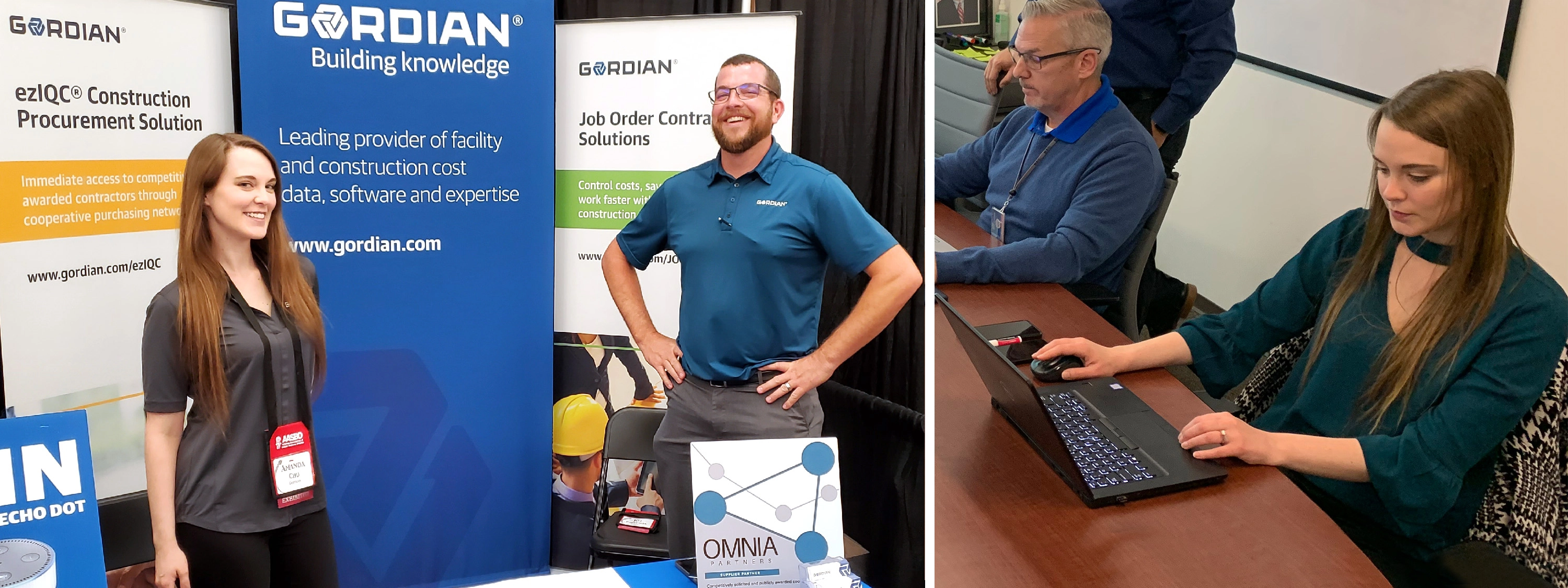
MICHELLE STUCKEY | DIRECTOR, MID-ATLANTIC REGION
Can you give us a quick background on your career progression?
I have my Bachelor in Science in Building Construction from Virginia Tech (College of Architecture). I was interested in a career in construction from at least high school age. I didn’t want to sit at a desk job, I don’t have the stomach to be a doctor and I like being outside with different challenges every day. I spent my high school summers as a laborer for a local remodeling/small building company, then was a field engineer doing layout for a water treatment facility. My first job out of college was a superintendent building houses, then I progressed to commercial construction where I became the Assistant Program Manager for the construction of the Women in Military Service for America (WIMSA) memorial at the entrance of Arlington Cemetery. I did other commercial work (apartments, school renovations) before running the Job Order Contracting (JOC) program for a local contractor, working alongside Gordian. I spent a very brief stint at the FBI in their facilities unit, building resident agencies/field offices across the country. I was finally recruited to Gordian by Rich Astle.
What makes you proud of working in the construction industry?
I love the ability to go back and see things that I was a part of still there, whether it’s houses or the memorial. I like being able to work with local Owners to help them get their projects completed by providing alternatives from low bids, which often does not provide the best overall result.
How do you think construction can attract more female candidates?
I suppose there is still a stigma, but I honestly never let it affect me. In fact, while there are probably many women who would disagree, I have always believed calling attention to my “difference” only encourages and reinforces the negative beliefs and connotations. If workplaces understand that at the end of the day we are all human, gender discussions have no place.
Tell us about a memorable or pivotal moment in your career.
I think working on the WIMSA memorial will probably be one of my most memorable experiences. The construction, architecture and engineering were all women-led teams, and the facility was an incredible construction project at a national site. I was only about 26 years old, so it was an early high point in my career.
How are you improving diversity within your teams and the industry?
I am happy to say that I have hired two exceptionally qualified women for my team (Jackie Zaldana and Meghan Trombley). They both have engineering backgrounds and are well respected among my team, contractors and owners.
What advice would you give to a young woman entering the industry?
Be yourself and know your strengths AND your weaknesses. Use your experience and training to maintain confidence and seek additional training to broaden your knowledge and expertise. Join business organizations. Find a mentor. Don’t be afraid to ask for help. Know your limits because we all have them. Be humble. Even if you are the smartest person in the room, other people matter. Having a chip on your shoulder or always feeling like you must prove something distracts you from the task at hand and your ability to focus on doing what you know how to do. The best success comes when everyone is working as a cohesive unit. Teamwork is key. On the flip side, never tolerate disrespect, sexism, discrimination or being treated unprofessionally, especially if gender-motivated.
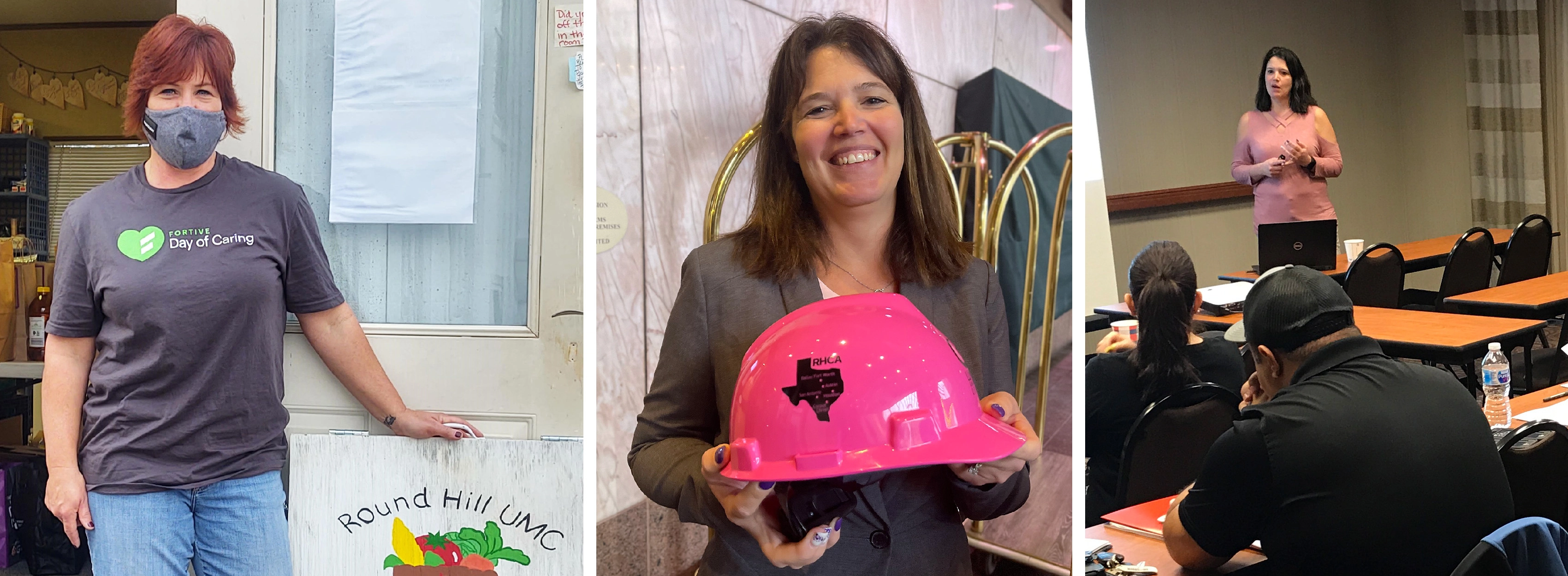
KELLIE ERICKSON | CONTRACTOR DIVERSITY, EQUITY, AND INCLUSION MANAGER
Tell us about your career progression?
I was first introduced to Gordian and Job Order Contracting (JOC) when I worked for the National Joint Powers Alliance, now known as Sourcewell. Gordian administered our construction contracts through ezIQC®, a JOC program available through cooperative networks. I enjoyed the collaboration with the Gordian account managers and the awarded contractors. I then had the privilege of joining the Gordian team six years ago and since I’ve held a couple of great positions, each providing me development opportunities that have led me to where I am today—Gordian’s Contractor Diversity, Equity & Inclusion Manager.
Diversity has always been a strong piece of Gordian’s culture, and it’s exciting to see that cultivate outside of Gordian. Growing up, my mother passionately instilled strong values around racial and gender equality. It’s at the core of my belief system, and I feel blessed I can continue using those same values every day throughout my job. As we embrace cultural and systematic change, it gives me great pride knowing my values are contributing to the difference being made. This position allows me to work with clients to help them achieve their diversity goals, which in turn benefits their communities through economic impact by creating jobs, increased wages and tax revenue.
By building relationships and networking with Diverse Contractor Associations, I provide educational sessions around JOC and the benefits to their Minority/Women-owned Business Enterprise members. The most rewarding part is working with a contractor who is new to JOC, encouraging them to take the leap of faith to bid on a contract, winning a contract through a competitive bid and seeing them grow their business through the program.
How do you think construction can attract more female candidates?
I believe that featuring and celebrating women in construction brings awareness to the industry. There are so many different careers a woman can explore within the construction field, many of which challenge stereotypes. It doesn’t have to be all about the day-to-day physical labor of erecting walls, laying brick, pulling lines or pouring concrete—although many women embrace the physical labor too! Introducing a variety of construction careers to young girls, early on in high school through trades programs and career fairs, I believe is a great start! My high school offered a trades program where we were afforded the opportunity to work alongside our instructors to build a house from start to finish, which was then auctioned off to the community. Many girls participated in the program in various ways. Firms can do a better job of highlighting careers in accounting, engineering, surveying, estimating, operating heavy equipment, human resources and project management roles, all professions which require various skill sets. Addressing gender pay gap equality is critical too. It is essential that companies pay and promote their employees based on their job role and proven performance, not by their gender.
What advice would you give to a young woman entering the industry?
I take pride in showing my daughters and other young women that you can have any career you want as long as you work hard, stay positive and have confidence in your abilities. These are traits I learned from my dad. Don’t be afraid to ask questions when you don’t understand, take the initiative to become informed, speak up with valuable input and engage with colleagues at all levels. These attributes will gain you respect in any industry and demonstrate your abilities. There is absolutely no reason to have your gender hinder your life pursuits.
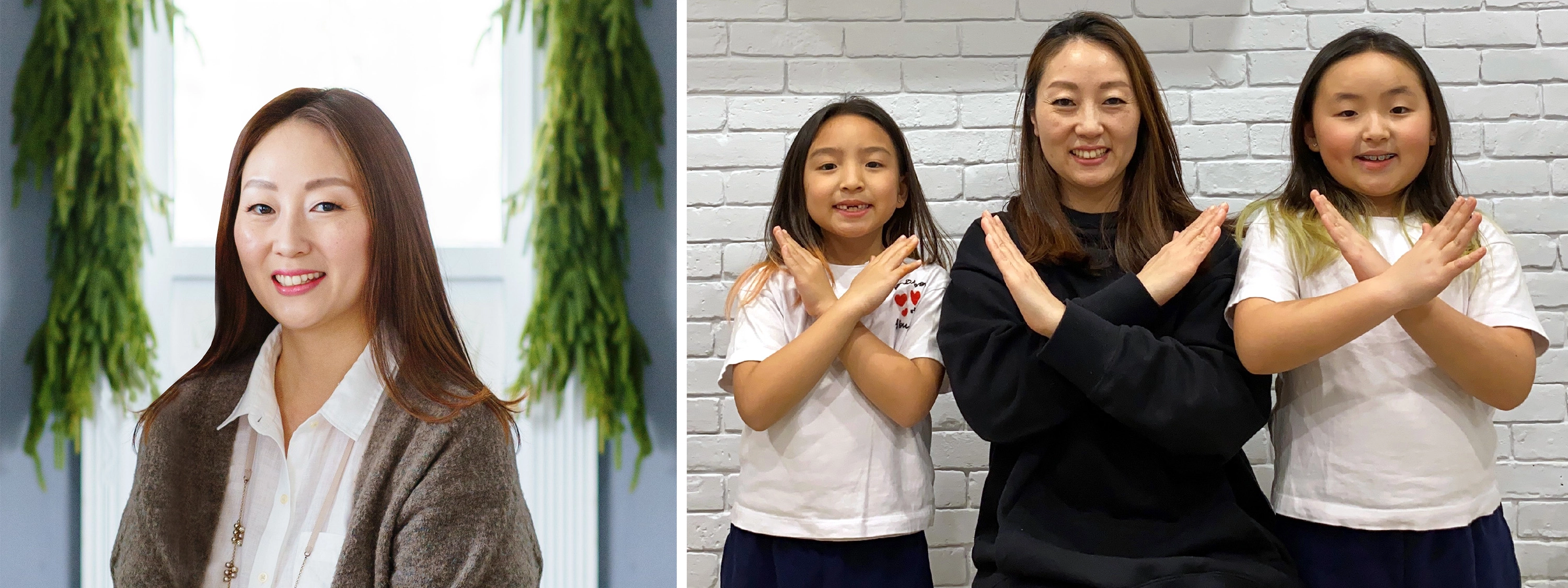
SOPHIA JANG | VICE PRESIDENT, OPERATIONS, NORTHEAST
Have you always wanted to work in the construction industry?
I’ve always had an affinity for building things and seeing how things work. As a child I loved playing with Legos, taking things like mechanical pens and pencils apart, putting them back together, taking apart an umbrella and getting in trouble for not being able to put it back together quite as it used to be, etc. Then as I entered middle school, I knew I wanted to go into either architecture or engineering. Throughout high school, aside from required classes, my elective classes were either related to architecture or engineering. I found myself fortunate to be accepted to an engineering school. There I quickly realized how few women enter this (or related) field of discipline as we enter the workforce.
It’s not an easy industry especially having dabbled a little bit in construction management acting as a construction manager—predominantly male both on the owner and contractor side. But having experienced that also opened more doors and opportunities for me, and I’m proud that it’s led me to where I am today.
How do you think construction can attract more female candidates?
It’s hard to suddenly plop yourself into the construction industry. The exposure must start early—and early in an individual’s life, the biggest influencers are parents and educators. I think we must break out of our gender-biased, gender-defined play for our daughters. It’s hard—I have two girls who love LOL dolls, but my husband and I also buy them Legos and give them Amazon boxes to build their own spaceships and command centers in the garage. They love playing with both. Giving girls access and letting them choose or naturally find their affinity to engineering or construction is what’s important in my opinion, which is validated by personal experience.
What advice would you give to a young woman entering the industry?
My best advice is that you have to be your own fan-base, your own advocate. This is something I still struggle with and I give myself this advice on those discouraging days. I feel women tend to dwell on and spend more time than needed on a mistake we’ve made and our weaknesses, but we are humans just like our male counterparts. Patience, tolerance and acceptance are not just for others but for ourselves too. We learn and move on and become better.




